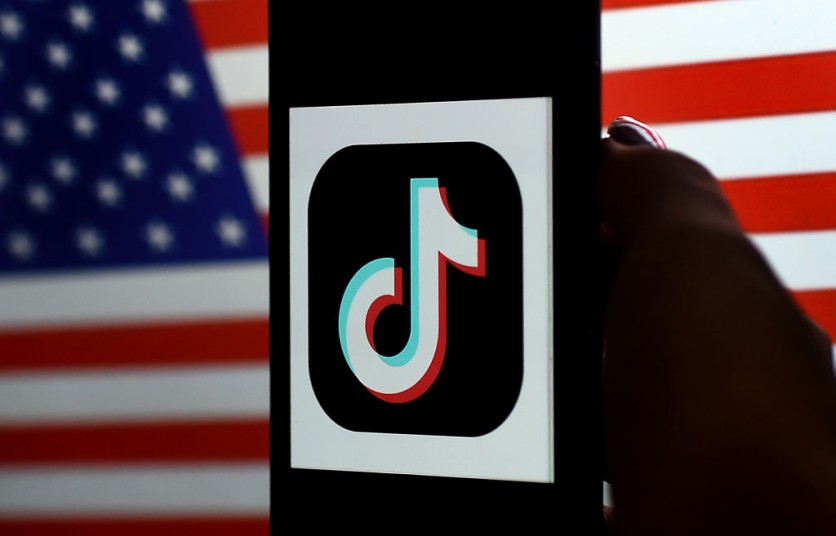Amid growing concerns that China will weaponize TikTok to monitor Americans, state agencies in West Virginia and Louisiana join a list of states on Monday prohibiting the use of the Chinese app on government devices, reported first by Reuters.

Growing US Mistrust on TikTok
Currently, 19 out of the 50 US states' public computers only allow partial access to TikTok, which is controlled by Beijing-based ByteDance Ltd. Most of the restrictions took effect in the past two weeks - an indication of growing US mistrust on the platform.
Last week, some lawmakers suggested an international ban, which would follow nations like India that have already outlawed the usage of the short-form video app.
The government clients of Jamf Holding Corp., which sells software to companies to provide filtering and safety features on iPhones and other Apple devices, have been progressively blocking access to TikTok since the mid-year.
On devices controlled by Jamf's public sector clients worldwide, almost 65% of TikTok connection attempts have been banned this month, which is a significant increase from 10% in June, according to the company.
But on Monday, TikTok reaffirmed a statement in which the company expressed disappointment that so many states are hopping on the political bandwagon to implement laws based on "unfounded falsehoods" about the app.
States that Banned TikTok
In Louisiana, Secretary of State Kyle Ardoin claimed to have blocked TikTok on all the devices that belong to his office, citing potential security risks but not mentioning any actual problems. State auditor for West Virginia, JB McCuskey, said he also followed suit for his office.
The use of the app on state-owned smartphones has already been prohibited by many governments, particularly Republican states, starting in 2020. These include Utah, South Dakota, North Dakota, Maryland, Texas, Alabama, Iowa, Nebraska, South Carolina, and Texas.
Georgia just joined the list of states that prohibit TikTok on equipment used by the government. Governor Brian Kemp forbade state entities from using WeChat and Telegram in addition to TikTok.
In 2020, former President Donald Trump made an effort to prevent new users from downloading TikTok. After losing multiple court battles, he was unable to enact other transactions that would have effectively ended the use of the app in the US.
The Committee on Foreign Investment in the United States (CFIUS) ordered ByteDance to sell its TikTok shares in 2020 due to worries that US user data might be given to China's communist government.
Related Article : BEWARE: TikTok Malware Claiming to 'Unfilter' Explicit 'Invisible Challenge' Actually Steals Credentials, Info

ⓒ 2025 TECHTIMES.com All rights reserved. Do not reproduce without permission.




